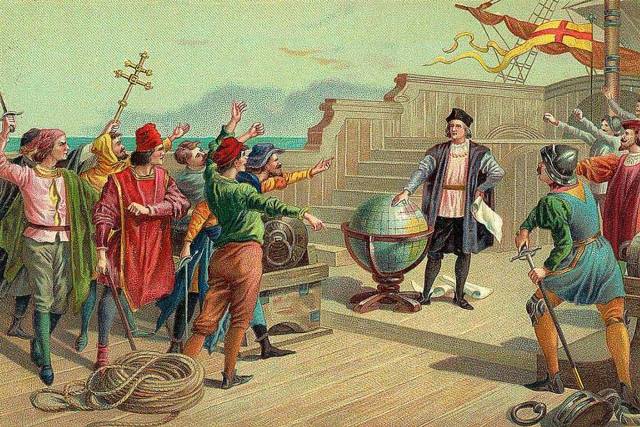matechcorp.com – The Age of Exploration, or the Age of Discovery, was a pivotal period in world history that spanned from the 15th to the 17th century. During this era, European powers embarked on extensive maritime expeditions, driven by a quest for new trade routes, wealth, and knowledge. This period not only reshaped global trade and interactions but also marked the beginning of European colonization in various parts of the world.
Early Motivations for Exploration
The initial impetus for European exploration stemmed from a desire to find alternative routes to the lucrative spice markets of Asia. The fall of Constantinople in 1453 to the Ottoman Empire restricted European access to land routes, prompting the search for sea passages. Furthermore, the spirit of the Renaissance, characterized by a thirst for knowledge and adventure, fueled interest in discovering unknown lands.
Pioneering Explorers and Their Discoveries
Portugal: Leading the Charge
Portugal was at the forefront of early exploration efforts, thanks largely to Prince Henry the Navigator, who established a school for navigators and funded numerous expeditions. Portuguese explorers like Bartolomeu Dias, who rounded the Cape of Good Hope in 1488, and Vasco da Gama, who reached India by sea in 1498, paved the way for a new era of maritime trade.
Spain: Columbus and the New World
Spain soon followed Portugal’s lead. Christopher Columbus, under the patronage of Queen Isabella and King Ferdinand, set sail in 1492, seeking a western route to Asia. Instead, he stumbled upon the Americas, which he mistakenly believed to be the Indies. This monumental discovery opened up vast new territories for European exploration and colonization.
The Treaty of Tordesillas
In 1494, the Treaty of Tordesillas was brokered by the Pope to resolve disputes between Spain and Portugal over newly discovered lands. The treaty divided the world into two hemispheres, with Spain receiving rights to territories west of the line, and Portugal to those east. This agreement had lasting impacts on the geopolitical landscape, influencing the colonial boundaries in the Americas and beyond.
The Impact of Exploration
The Age of Exploration had profound effects on the world. It led to the exchange of goods, ideas, and cultures between the Old World and the New World, known as the Columbian Exchange. While this exchange brought about significant technological and agricultural advancements, it also resulted in the spread of diseases that devastated indigenous populations.
Economic Transformations
The influx of gold and silver from the Americas into Europe fueled economic growth and the rise of capitalism. New trade routes and the establishment of colonies expanded global commerce, leading to the development of a global economy.
Cultural and Social Changes
The encounters between Europeans and indigenous peoples led to cultural exchanges and, at times, conflicts. European languages, religions, and customs were introduced to the New World, while Europeans were exposed to new foods, materials, and ideas.
Conclusion
The History of European Exploration is a story of ambition, discovery, and transformation. While it led to significant advancements and opened new horizons, it also had profound and often devastating impacts on native populations and ecosystems. The legacy of this era continues to shape our world today, highlighting the complexities of exploration and its enduring influence on global history.

